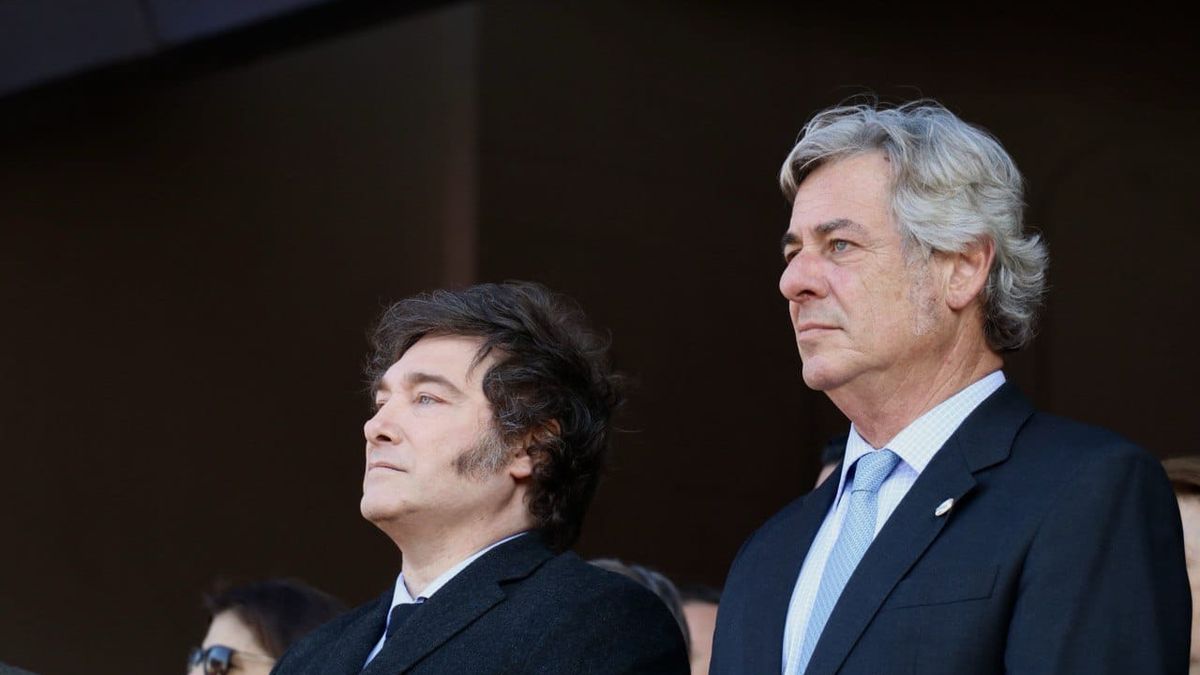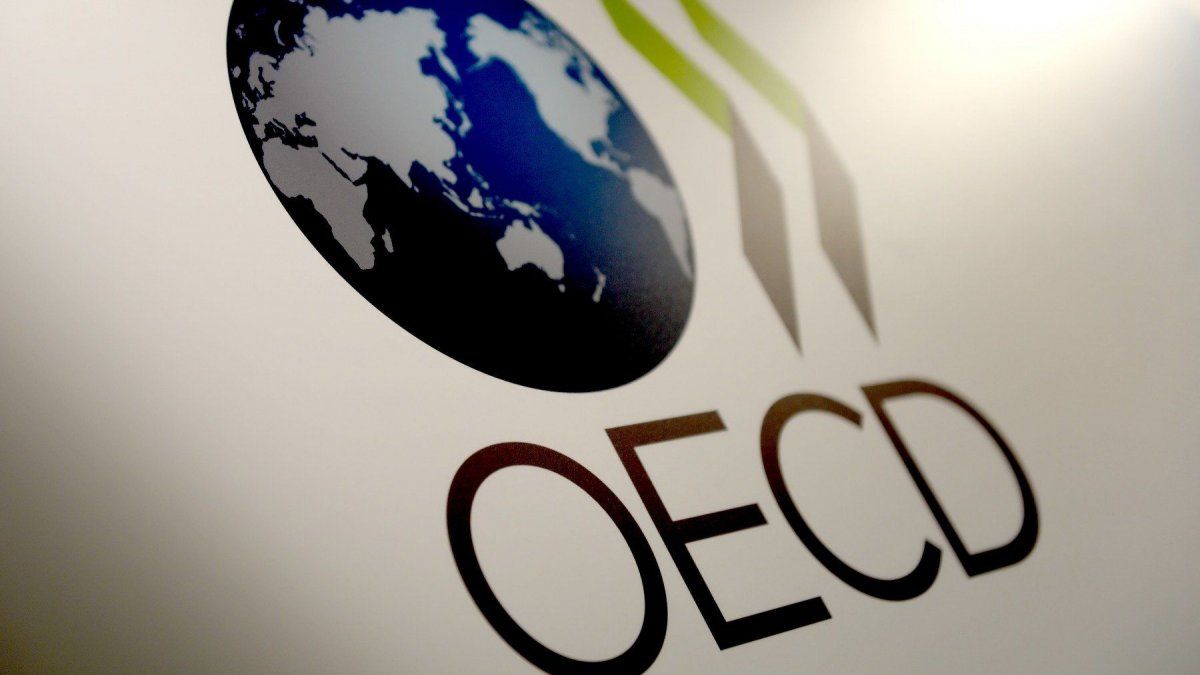The ultra-liberal President Milei wants to get Argentina back on track with a strict austerity program. In the capital Buenos Aires, the streets are burning – but the Senate still votes for the plan.
Accompanied by fierce protests on the streets, Argentina’s Senate has passed a controversial reform package from the ultra-liberal government of President Javier Milei. The proposal was approved late in the evening by a narrow majority of 37 to 36 votes. The decisive vote was that of Vice President Victoria Villarruel, who voted yes as chair of the Senate and thus prevented a stalemate, as local media reported.
“The presidential office is celebrating the historic passing of the law,” said Milei’s office on X after the hours-long debate. This was “a victory for the Argentine people and the first step towards restoring our greatness.” However, in view of various changes in the text of the law, it is now going back to the Chamber of Deputies. It could therefore take even longer before it comes into force, wrote the newspaper “La Nación.”
Protest on the streets
During the debate in the Senate, demonstrators and police engaged in violent clashes in front of the congress building. Masked demonstrators hurled stones and incendiary devices at the officers in the center of the capital Buenos Aires. The police responded to the demonstrators with batons and tear gas. Several cars went up in flames, and the police arrested around 20 suspects, according to a report by the television station TN.
A way out of the economic crisis?
Milei’s legislative initiative includes the privatization of several state-owned companies, tax relief for large investors, and labor market and tax reforms. The government has already had to significantly reduce the list of measures in order to gain a majority in parliament. Social movements and the left-wing opposition condemn the reform package as neoliberal and antisocial.
Argentina is in a deep economic crisis. Inflation of almost 290 percent is one of the highest in the world. South America’s second-largest economy suffers from a bloated state apparatus, low industrial productivity and a large shadow economy that deprives the state of a lot of tax revenue.
The ultra-liberal President Milei now wants to get the once rich country back on track with a radical austerity program. The government cut thousands of public sector jobs, reduced subsidies and wound up social programs. According to the Catholic University of Argentina, almost 56 percent of people in Argentina live below the poverty line and around 18 percent live in extreme poverty.
Source: Stern
I have been working in the news industry for over 6 years, first as a reporter and now as an editor. I have covered politics extensively, and my work has appeared in major newspapers and online news outlets around the world. In addition to my writing, I also contribute regularly to 24 Hours World.




